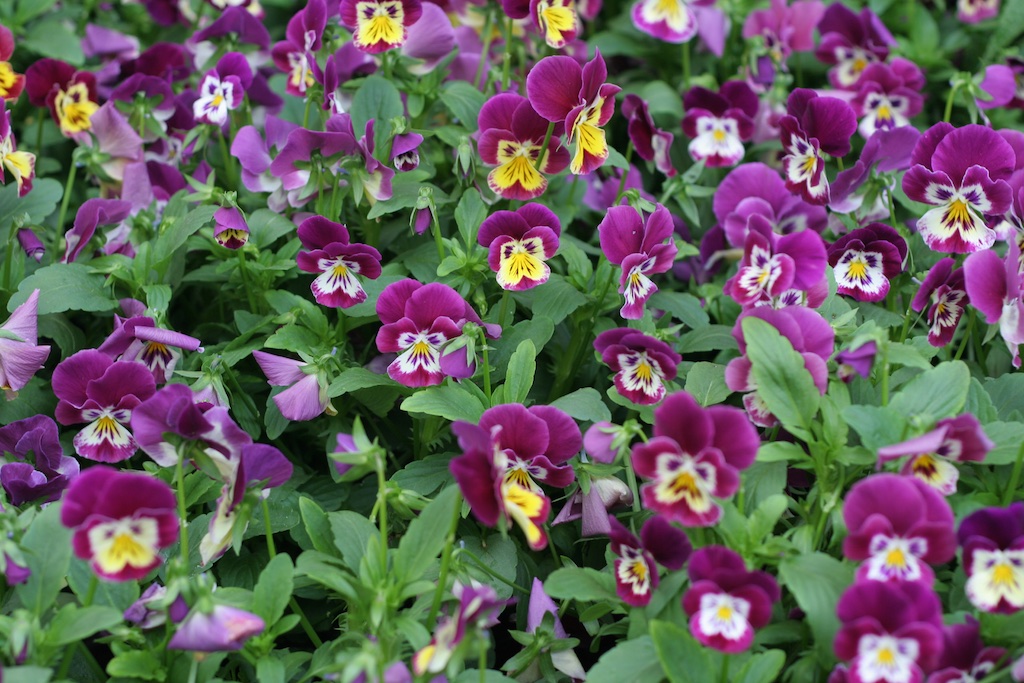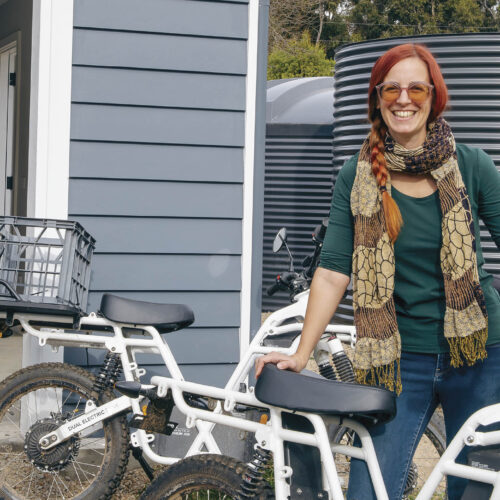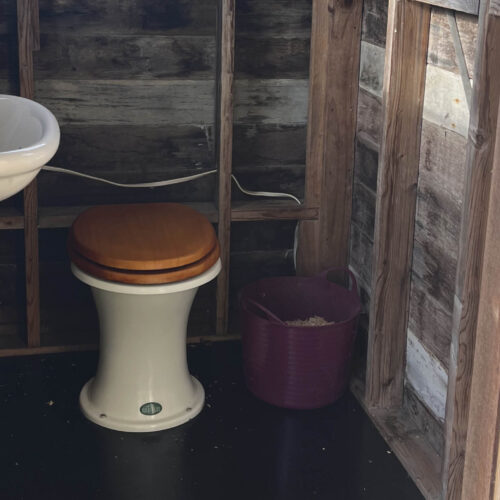Gardens for dementia
2018-06-28T04:19:35+10:00
Penny Woodward says to grow an array of coloured and scented plants for loved ones with dementia.
Every day research is showing us how important plants, gardens and bushland are for good mental health. If you’re a gardener or if you regularly hug trees (I’ve been doing this a bit lately) then you’ll know how just being in and with nature makes you feel better. The Japanese practice of ‘forest bathing’ (basically hanging out with trees preferably with your shoes off) has been shown to lower blood pressure and heart rate, reduce the production of stress hormones, boost the immune system, and improve overall feelings of wellbeing. (Environmental Health Preventative Medicine, 2010)
Recent research has also shown that gardens can benefit dementia sufferers. Gardens can be a sensory delight, and for dementia sufferers this can also be an important link with a remembered sense of well-being. Something that so often eludes them. The peace gained by sitting or working in a garden, especially if the sun is shining and birds are singing; and the sounds, sights and smells hold great resonance and bring forth memories of the past. Dementia sufferers usually lose short-term and recent memories first, but connections to long-term memories are often still there.
Sometimes when we are caring for the people we love with debilitating illnesses we get so caught up with their illness and treatment, that we forget to take time to just sit with them and enjoy their company. A garden is the perfect place to do this.
Some simple dos and don’ts for creating gardens for a loved one with dementia.
- Grow plants in raised beds or large pots so plants are always easily accessible to touch or pick.
- When designing the garden, avoid dead ends. Create circular or figure 8 paths.
- Install a small fountain with splashing water to listen to, and touch.
- Grow an array of colours, and a range of scented plants, both flowers and leaves.
- Only grow non-toxic plants as a dementia sufferer may pick and try to eat the plant.
- Encourage people to dig, smell, touch and pick plants, but don’t give them sharp tools.
- Don’t grow plants with spikes or thorns.
- In the summer, garden in the morning if possible, or in a shady position if later in the day. Provide a hat and sunscreen.
- In the winter, garden where you will get some sun to help increase vital vitamin D levels.






